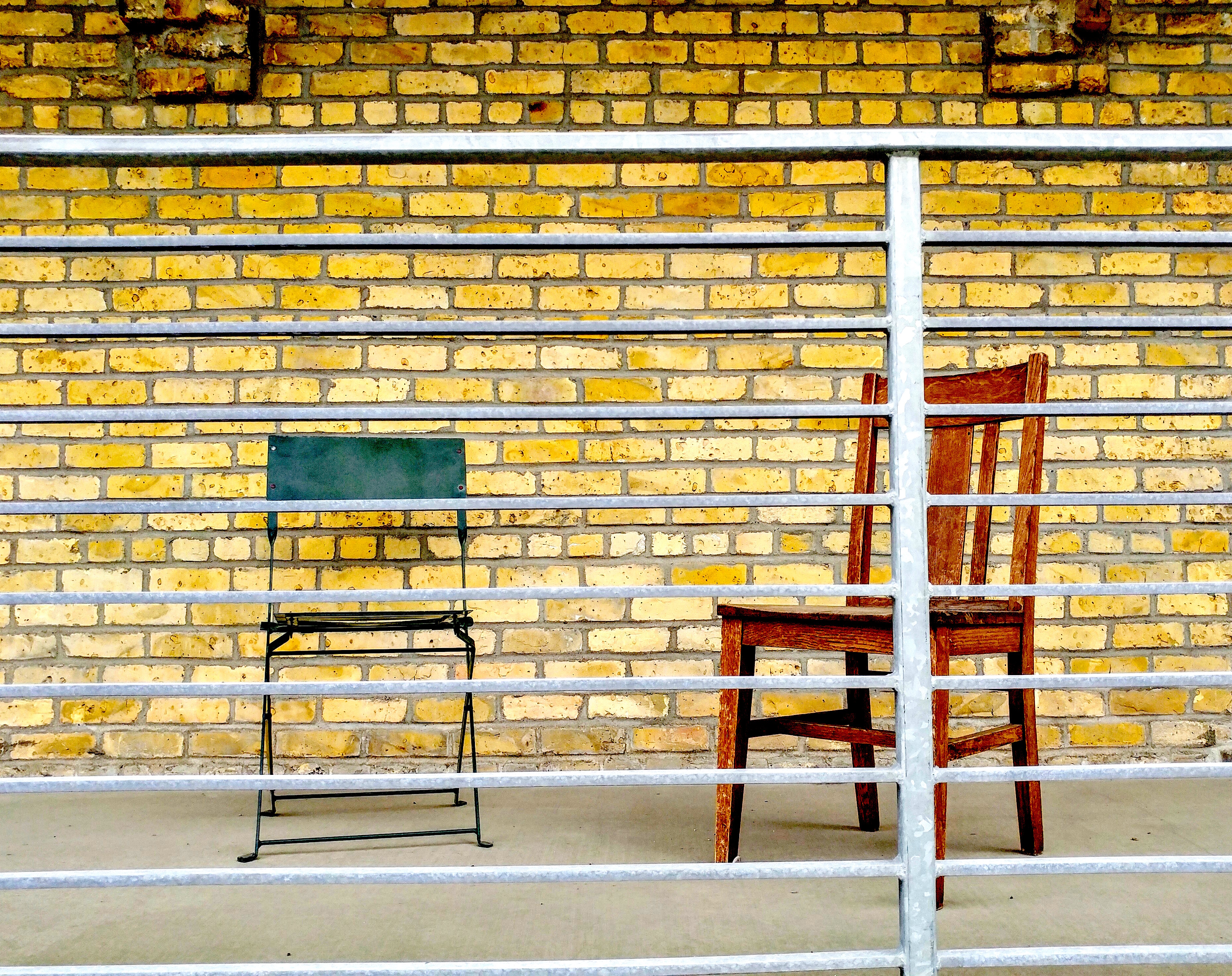You would see her at every funeral. This was a time when the funerals became a parade of mourning and black balloons, yet she was always there tucked in the farthest pew, blowing her nose into her handkerchief, and weeping the loudest on the shoulder of the nearest stranger, as if trying to prove her grief was the most important.
During each funeral, she assumed a new role. She was the eccentric long-lost aunt. She was the third-cousin you discovered on a DNA-sharing website. She was the second, younger mistress he was trying to hide from his wife. She was the co-worker who sat several desks away from his. She was the barista who once gave the deceased his morning coffee. She was the daughter, the mother, the grandmother. She was everyone and no one at once.
“I’m a professional mourner,” she explained to you after the reception, after the body was planted in the ground and roses were carelessly thrown into the gaping rectangular pit. She told you her name in a single breath: Teresalynnellenmontez. She said her name as if it was supposed to mean something. The straight posture and tight lips she assumed after the reception oozed with professionalism. Apparently, she had been doing this a long time. “But now I’m in high demand,” she finished.
You’ve seen enough bodies at funerals. You’ve heard about the viruses contracted. You’ve heard about the wars opening like knotted flower bulbs all over the earth and all the new diseases blossoming from it. Because you didn’t want to talk about that, you smiled instead. You talked about how you recently quit your job to become a part-time curator working in a puppetry museum (“because of hazards and a helluva lot of quarantine at my last job,” you reason). You talked about how you slid your hand into the felt puppets before enclosing them in a glass case. You talked about how you loved adjusting and arranging their wooden limbs across their platforms.
“Anyways,” you said, still feeling all your muscles tightened into a grin, “it’s wonderful that you cry for a living.”
“Eventually,” Teresalynnellenmontez said, half-chuckling, “everyone will be diseased and there will be no one left to cry for them but me.” She said this as if she were proud. As if she were immune. When she raised herself to pull you into a parting hug, you had caught sight of it on her shoulder: a round yellow bandage declaring her vaccinated status.
The envy you had for her was brief, fleeting. You had been on the waiting list for months, waiting for the day a nurse would call you, waiting for the day when someone would say your name in a doctor’s office, wipe a sanitizing pad onto your shoulder, check your vials, and pump your body with life-saving stuff. While staring into the eyes of the professional mourner, you realized the tears she wept during the many funerals she attended were not sad tears, but tears of joy. Proof that no matter how many people die, she would never succumb to the rashes and the fevers and the sweats and the nausea. Teresalynnellenmontez would, at least for a short time, remain as she was now: tall and long-haired and plump and resigned toward people’s suffering.
After the funeral of your former co-worker, you took her out for coffee. You watched as she dipped chocolate-covered biscuits into a steaming mug of Americano. Being the excellent date that you knew you could be, you asked her about her favorite funerals. There was one where the embalmed body was masked by a baby blanket because her family couldn’t stand how the rashes consumed her face. There were a handful of bodies mixed up at the funeral home. Sometimes there were no bodies at all because they were consumed by disease and infection; those were the ones they set on fire afterwards. Buzzed and jittery from her second Americano, she wouldn’t stop talking about the missing bodies and the havoc that ensued and the fake tears she forced herself to cry.
After coffee, you rented a room at a motel. You didn’t care there were rats scratching in the walls or roaches crawling from the sink; you bought Teresalynnellenmontez cheap burgers and wine from the motel bar downstairs. You massaged her feet. You told her about all the things you wished you cried about but hadn’t. Your runaway dog. Your last breakup. Your alcoholic mother. Your dead father. You were both half-naked now and she studied the crescent-shaped mark between your thighs. A glimmer of a rash. A small apocalypse buried in your flesh.
“I can show you how,” she said.
While you didn’t know what she meant at first you still did as instructed: lie flat on the mattress and breathe in and out, out and in, until your breaths became rasped and your lungs wilted. You didn’t move. She told you to stop breathing. You did. You stopped breathing and everything within you went numb and when she told you to breathe again the tears came. Slowly at first, but then they came faster, faster, faster. Everything within you leaked.
“That’s it,” she said. You stared at the ceiling filled with so many cracks you feared the world might collapse above you. This made you cry harder. But there was a quiet pride in this, in crying when no one else was there to listen entirely, in crying until you became everyone and no one, in crying to a woman who only said, “That’s it. That’s it. That’s the way you get the dead to finally hear.”
—
Brianna McNish’s stories appear or are forthcoming in Jellyfish Review, Hobart, Necessary Fiction, Split Lip Magazine, Unbroken Journal, and elsewhere, including the longlist for the Wigleaf Top 50.
Artwork by: Jill Klapperich Guth
Jill strives to expose the essential character of a scene. In addition to photography, she creates impressionistic watercolor paintings and writes. She holds a Bachelor of Science Degree in Design from the University of Minnesota. Jill’s work has appeared in StarTribune, SonderMidwest, Banfill-Locke and Minneapolis, Minnesota coffee shops.
Links
Website: jillklapperichguth.com
Instagram: @
Instagram: @

